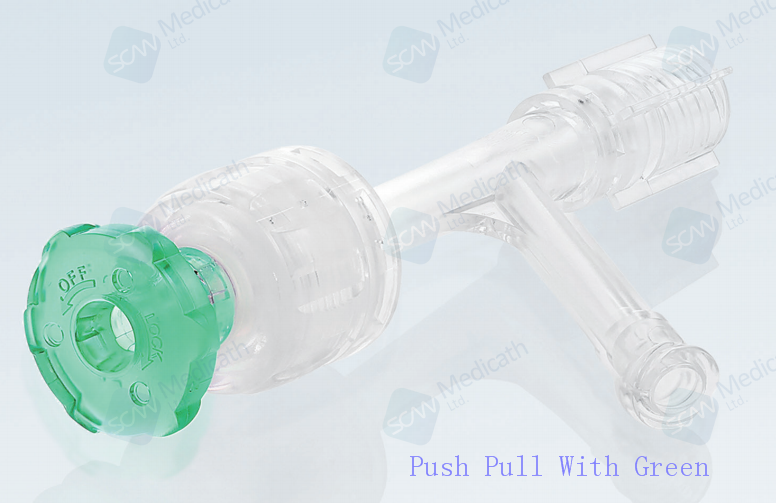We'd Love to Hear From You
Curious about product features, price quote, registration, delivery time, etc? We're ready to answer any and all questions within one business day.
Precision and adaptability are essential in every stage of vascular access procedures. Selecting the right hemostasis valve types can significantly influence workflow efficiency and patient safety, especially in high-frequency interventional settings. At SCW Medicath, we focus on delivering reliable, wholesale-ready solutions that align with the evolving demands of global healthcare providers. With thoughtfully engineered valve options tailored to different procedural techniques, we aim to support clinicians with tools that combine safety, convenience, and practical design.

Variety Designed for Efficiency and Ease
We recognize that clinicians have unique preferences shaped by years of experience and specialized training. That’s why our hemostasis valve types come in several configurations to support both general and highly specific needs. One of our key innovations is the Double-PTCA type, which supports simultaneous placement of dual balloons or a balloon combined with another interventional device. This feature simplifies complex procedures and offers a more streamlined surgical workflow.
Another type widely used in clinical practice is the push-pull version. Its intuitive operation—pressing once to close and again to release—ensures fast response times and reduces procedural interruptions. Our designs are focused on intuitive control and quick accessibility, enhancing the surgeon’s ability to focus on precision without device-related distractions.
Supporting Specialized Procedures with Tailored Designs
In addition to general interventional needs, we have developed a specialized Y-valve configuration specifically adapted for neurosurgical departments. Traditionally, neurosurgeons have had to modify cardiac devices to suit their unique needs. To improve both workflow and safety, our team collaborated with surgical experts to design a compact valve, just 2–3 cm in length, that meets neurosurgical criteria without the need for on-site customization.
This type has gained attention for its ability to reduce preparation time and improve convenience in high-stakes environments. As this innovation addresses a long-standing gap in device availability, it demonstrates our dedication to delivering functional designs that add value to surgical teams and the patients they serve.
Conclusion
From high-volume cardiac procedures to highly specialized neurosurgery, hemostasis valve types can significantly impact surgical performance and safety. We at SCW Medicath remain focused on providing dependable and diverse options to meet these demands. By offering functionally distinct valve sets suitable for various procedural requirements, we aim to support better clinical outcomes and make interventional workflows more efficient. Whether our partners are expanding their product lines or optimizing hospital supply chains, our valves offer reliable solutions backed by thoughtful engineering and quality manufacturing. For wholesale distributors and healthcare facilities looking to source dependable devices, SCW Medicath is committed to supporting success at every stage. We also understand that global partners face different regulatory and logistical needs, so we ensure that each valve type is produced with consistent quality, packaging flexibility, and documentation support to meet international standards and simplify the procurement process.